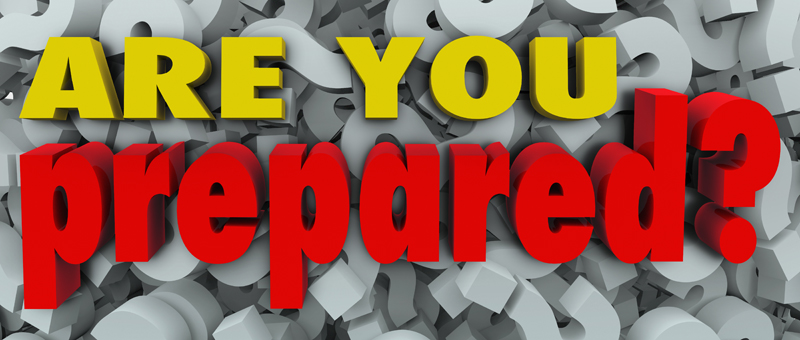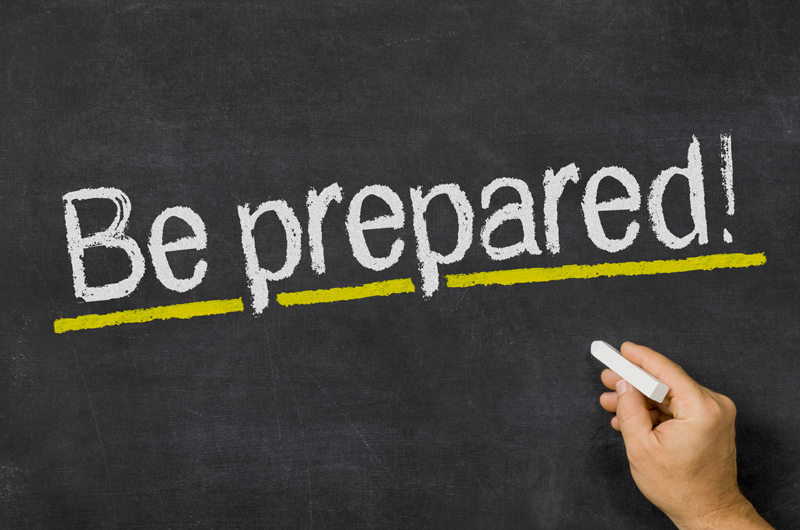Interviews Don’t Begin With The First Question

July 7, 2015
I’m all about preparation. I think it makes all the difference for most things in life including media interviews. Interviews don’t begin when the reporter asks the first of many questions. There are several things you can and should do in advance.
1. Learn as much as you can about the interviewer.
Watch or their listen to their program. Read their column. Check out their Twitter feed and LinkedIn profile. You’ll gain insights that could be very useful. You can ask a colleague who’s had a previous experience with the person. How was it? Pretty straightforward? Anything I should look out for? Eliminate the uncertainty and you’ll be surprised how your confidence level will rise.
2. Be up on all current events that might affect your story.
Most people have a very narrow interpretation of what they consider to be acceptable territory and appropriate questions. Surprise! The media will usually have a much wider sense of what they think they can ask you. It’s not uncommon for a reporter to say…”I read this in the paper today, what do you think?” Obviously, you can’t always be up on everything, but try to broaden your information base before a media interview so you don’t always have to say….”I’m not aware of this.” “I’m not familiar with that.” And, “I hadn’t heard that either.”
3. Be clear on the type of interview you’ll be doing.
I find it odd that often people have no idea about the type of interview they’ll be doing. This is unfortunate because there are real differences….not only between print and broadcast interviews, but between different types of broadcast interviews…those that are edited, those that are not and those that run live. There are also differences between mainstream media and the trade media. These days, the lines between formats have become blurred because media is often a hybrid of print, radio, TV, Internet and social. Still, you should try to have a basic understanding of the type of interview you’ll actually be doing so that you can prepare and answer properly. And, if you can adapt to the format, it’s one way you can achieve some control.

4. Prepare strong, concise key messages.
Your key messages are the most important tool in your interview toolbox. These messages should be well thought out, strong, clear and concise. Ideally, they are in some sort of point form so that you can use every opportunity to return to them during the interview. This is another important way to retain more control.
5. Prepare anecdotes, examples and analogies.
Anecdotes, examples and analogies will spice up your interview and make it more interesting, but you should think them through in advance. You don’t want to use examples that require too much explanation, those that might be connected to anything controversial or anything that might be interpreted in the wrong way. An analogy that comes to you off the top of your head in the middle of an interview may not be ideal. As for stories, you don’t want to start rambling in an interview where the reporter is simply looking for short sound bytes. If possible, anecdotes, examples and analogies should be prepared in three sizes…short, medium and long(er). That way, you can use the one that suits the type and length of interview.
6. Practice, practice, practice.
Anticipate the questions you expect to be asked and practice answering them out loud. Answers you come up with in your head will always seem perfect, but it’s the ones that come out of your mouth that you should worry about. You can ask a colleague or family member to put you through your paces. Or, better still, you can invest in media training which will always pay dividends.


